Research on knowledge, attitude, social norms and practice on reproductive health rights and gender-based violence in Narok county, in Kenya
Title Women Empowerment and Environment and Health Support in Kenya
Location Narok County, Kenya
Duration 36 months
Lead partner We World – G.V.C. Onlus
Partners ARCO, PIN Polo Universitario della Città di Prato, Gruppo per le Relazioni Transculturali – GRT, Community Health Partners – CHP, Anglican Development Services South Rift – ADS
Funding AICS-Agenzia Italiana per la Cooperazione allo Sviluppo
Context
In Kenya, despite a favourable legal framework that fosters gender equality, serious inequalities between men and women persist, especially in pastoralist and agro-pastoralist communities in the arid and semi-arid (ASAL) areas of the country.
Narok County, among the ASAL counties, is the one that reports in absolute terms the highest number of cases of Sexual Gender-Based Violence (SBGV), female genital mutilation (MFG) and early pregnancies.
In Narok, the percentage of women between the ages of 15 and 49 who claim to have experienced violence is higher than the national average (35.8%) and stands at 42.46% (i.e. about 200,000 women and girls). Moreover, 51% of women in the same age group (i.e. about 150,000) have been victims of female genital mutilation. 28% (i.e. about 15,000) of girls between the ages of 15 and 19 have had at least one pregnancy.
Limited access to information, services, and education exacerbates these issues, leading to adverse health outcomes and social inequalities.
The project “Women Empowerment and Environment and Health Support in Kenya” aims to address these challenges by promoting awareness, enhancing service delivery, and fostering community supportive environment for adolescents and their families.
The project also aims to contribute to the elimination of all forms of gender-based violence and discrimination (such as forced marriage, early pregnancy, female genital mutilation) and ensuring equitable access to economic and natural resources (access to land) and their management (governance) to create more sustainable and climate-resilient societies.
General Objective
The M&E and Impact Unit together with the Inclusive Development unit are conducting a research aimed at assessing the KAP (Knowledge, Attitudes, and Practices) with a dual objective:
- to thoroughly understand the knowledge, attitudes, and practices related to violence and gender discrimination in the intervention context,
- to promote an empowerment process among young people, who, through project activities, become more aware of their sexual and reproductive rights and capable of playing a role as agents of change.
The survey helps to specifically identify the needs of the target population, existing barriers, and gaps in accessing services, as well as the attitudes and factors underlying violent and discriminatory behaviours. Moreover, the survey results provide useful insights for optimising the different community awareness activities aimed at combating gender-based violence and discrimination.
Our contribution
The research tools (both qualitative and quantitative) were developed based on the behavioural approach, which posits that behaviours are the result of social norms, individual attitudes and knowledge, and available opportunities.
The qualitative phase was completed during recent data collection in Kenya, where researchers from the two Units conducted several focus group discussions involving adolescents, teachers, pregnant women, and civil society representatives. Interviews were also conducted with ministry officials in the fields of health, justice, and child rights, as well as with religious leaders and the manager of a women’s shelter. One of the key findings from the study highlights the issue of menstrual poverty, which forces many girls to drop out of school prematurely.
As for the quantitative component, the research team, after developing the questionnaire and completing the pilot phase, trained a local team responsible for administering the questionnaire to 635 people, including around 220 students. The questionnaire was translated into Swahili and Maa (the language spoken by the Maasai population).
In the early months of 2025, the research results will be presented to the local population. This will provide an opportunity to engage with local policymakers, raising awareness of the needs of their population and encouraging them to work together with the community to find solutions to address these challenges.
Read more on the M&E and Impact Evaluation Unit and the Inclusive Development Unit
Related Projects
-

Evaluation of the project Prato Comunità Educante that promotes the education growth of high school students in Prato
-

Monitoring Information System for project WATDEV on water management and sustainable development in East Africa
-

Research on knowledge, attitude, social norms and practice on reproductive health rights and gender-based violence in Narok county, in Kenya
-

Evaluation of the project that promotes food security and climate resilience in Mozambique
-
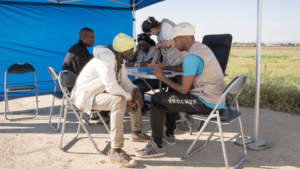
Evaluation of the project strengthening migrants’ right to health in Italy, Greece and Malta
-
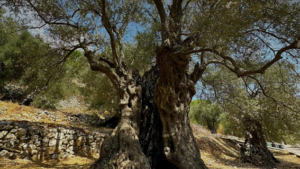
Final evaluation of the project that strengthens olive farmers’ resilience in Southern Lebanon
-
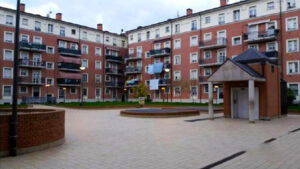
Social impact assessment of the Rapporti Corti project for socio-educational inclusion in the Navile district of Bologna
-

Evaluation of the Naseej project to stop gender-based violence in Iraq, Yemen, and Palestine
-
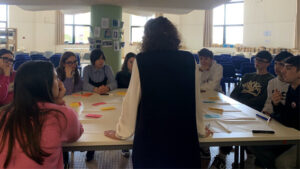
Evaluation of the project that promotes youth employment in Italy
-
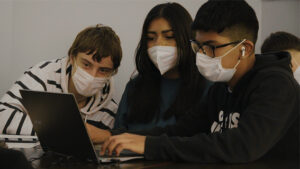
Final evaluation of the ‘5G Smart School’ project for innovative teaching in Italian schools
-
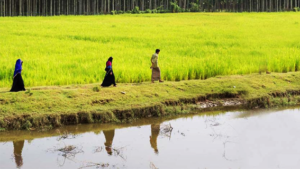
Evaluation of the project that fosters mainstreaming migration into international cooperation and development policies
-
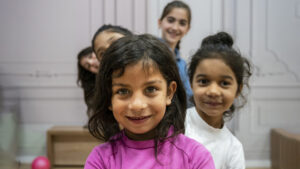
Final evaluation of a project to contrast educational poverty in Albania
-
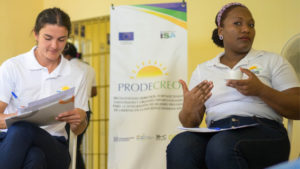
Evaluation of the project PRODECREO to promote the rights and socio-occupational reintegration of women deprived of their liberty in the Dominican Republic
-
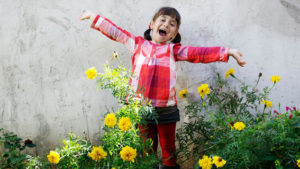
Final evaluation of the SOS Children’s Villages family strengthening project in Bosnia and Croatia
-

Evaluation of the project for the motor rehabilitation of oncological children in Turin
-
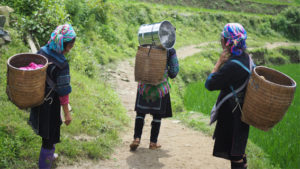
Evaluation of the project that aims to improve the health of the most vulnerable in Myanmar
-
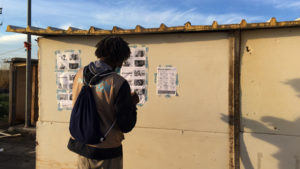
Final evaluation of the project that fosters proximity social-health services in the informal settlements of the Province of Foggia
-

Food Wave, Monitoring the project that promotes sustainable food consumption among young Europeans
-
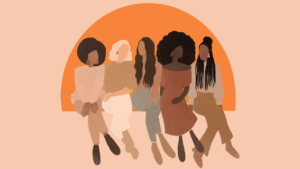
Spazio Donna, evaluation of the projects to foster women empowerment and contrast gender-based violence
-

Evaluation of the projects “M’Interesso di Te” that tackle unaccompanied foreign minors’ integration
-
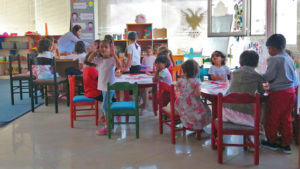
Evaluation of psycho-socio-sanitary interventions in response to the COVID-19 pandemic and the earthquake in Albania
-
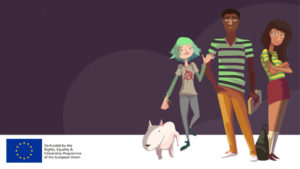
Final evaluation of the Youth For Love project to raise young people’s awareness of gender-based violence
-
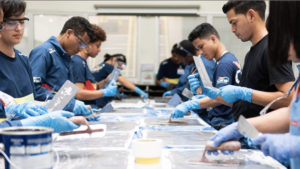
Multi-country mid-term evaluation of the YouthCan! programme, promoting the employability of vulnerable young people
-

Final evaluation of WEGO2 to support women economic empowerment contrasting intimate partner violence
-
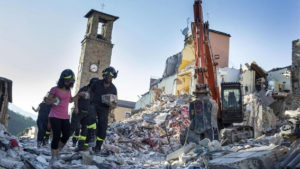
Action Research for the project Do.N.N.E against gender-based violence in Central Italy
-

Evaluation of the project “Mentors for Resilience” to contrast educational poverty
-
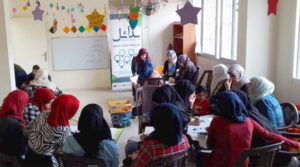
Outcome Harvesting of the project that aims to promote stability and social enterprise in Lebanon
-
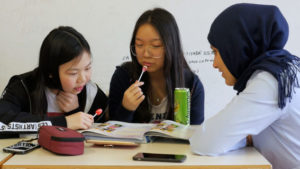
Annual evaluation and SROI of the programme “Nessuno Escluso” to contrast social exclusion and educational poverty in Tuscany
-
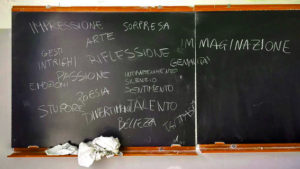
Evaluation of the project “Dreams and Needs” to contrast educational poverty in Italy
-
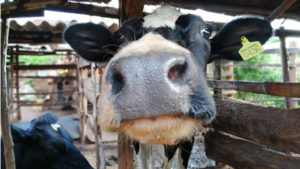
Mid-term evaluation of the project MilKy for the development of a sustainable dairy supply chain in Kenya
-

Final evaluation of Pe.R.Co.rrere: resilience of communities in Center Italy
-

Evaluation of the promotion campaign for Piave DOP cheese in Austria, Germany and Italy
-
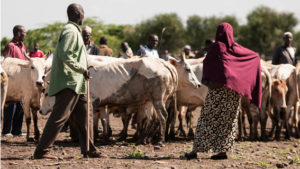
Mid-term & final evaluation of a project to strengthen resilience to climate shocks in Kenya
-
Evaluation of the promotion campaign for Italian specialities in Japan
-
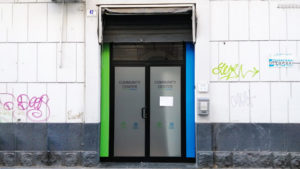
Community center, final evaluation of the social inclusion project
-
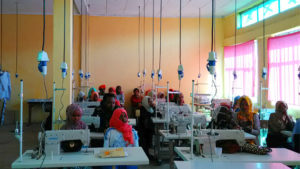
Mid-term evaluation of the project to contrast irregular migration in Ethiopia
-
Mid-term evaluation of the project for the conservation of Protected Areas in Albania
-
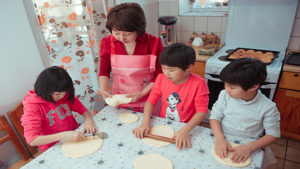
Social Impact Assessment of children’s protection programmes in Kyrgyzstan
-
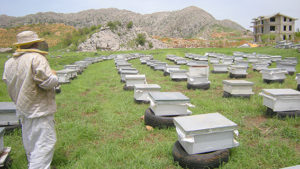
Monitoring&Evaluation of reintegration services for drug addicts and ex-addicts in Lebanon
-
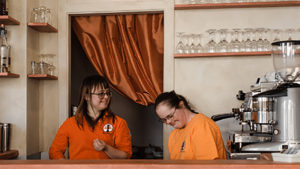
SROI Analysis, Albergo Etico social performance
-
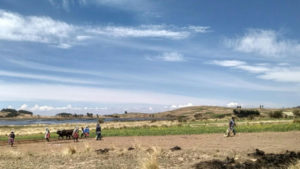
ECO.COM: strengthening local economic development in Bolivia
-

Improving the sustainability in the cherry supply chain in Bulgaria and Turkey
-
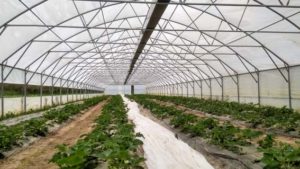
Evaluating sustainable agricultural supply chains in Bosnia Herzegovina and Albania
-
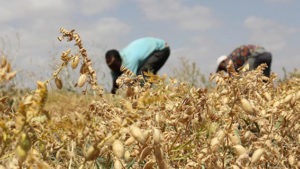
Impact evaluation of the creation of a durum wheat supply chain in Ethiopia
-
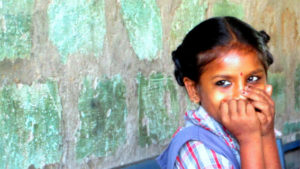
Impact evaluation of a Rehabilitation programme in India